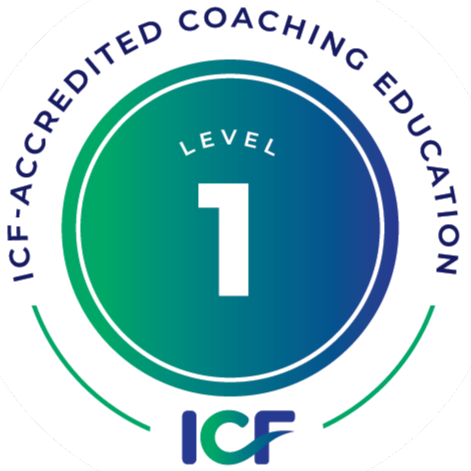
By: Elizabeth Saigal, Ph.D.
There is such a mind numbing number of ways to gain certification in coaching that it may feel like your compass is spinning. Very many are not recognized by the International Coaching Federation (ICF) and do not fully adhere to core competencies and framework advocated by those who originally brought personal coaching into the public domain. Since there is currently no legal requirement for certification, the decision as to how to operate as a coach in business is completely open to your personal interpretation. So, how might your underlying values and attitudes direct this choice?
The first consideration might be what you believe as your ethical obligations for how you represent yourself as a coach. Do you agree with the principle that life coaches should operate according to a recognized rubric? Does the public have a right to expect some standardization of this service or is it up to the consumer to figure out what they don’t know about coaching! To this end, certification does not guarantee integrity, but it certainly helps.
Another consideration might be how you think the field will develop over time. Will life coaching eventually operate within a format similar to therapy with required licensure? If you think so, your choices will certainly be influenced by which training you believe might be grandfathered in and which training will minimize the possible strain on your life coaching business when this transition occurs.
Assuming that you believe in improving your coaching through training (and since you are reading this it is likely that you do), the last consideration is where you currently are in your life coaching journey. You may just be getting into it or have a number of years experience behind you. In either case, what you perceive as the basis for your credibility will influence your credentialing choices. It may be that it is enough to achieve mastery by combining training with application of coaching techniques through logging coaching hours.
So, what of our credentialing options? Let us consider just those available with our very own Institute for Life Coach Training. First there are ILCT’s coach certifications with a choice of Business (BCS), Life (CLC), Christian (CCS), Career Development (CDCS), Relationship (RCS) and Wellness (WCS) specializations which allow for addition paid application for ICF coach membership if desired. These certifications provide a basic training and allow a minimum investment in time and money for those who are starting out, perhaps on route to further training and greater expertise.
Then there is the Associate Certified Coach (ACC), and Professional Certified Coach (PCC) representing progressive skill levels in coaching and credentialing administered by the ICF. The next level offered by the ICF with additional training and more coaching hours is the Master Certified Coach (MCC). Extra fees are required both to apply and renew through this governing body in addition to education costs.
Finally, we have the new Board Certified Coach (BCC) overseen by the Center for Credentialing and Education (CCE). It relies on previous behavioral science or counseling training. For those transitioning to coaching, it may provide an option for reduced initial investment depending on your prior experience. Extra fees are also required to apply, maintain and renew.
So, to support you in your certification choice, think about your position on life coaching standardization, future trends and support derived from credentialing. With these in mind you can select your training and chart your course.
Dr. Elizabeth Saigal has been an ILCT student since Spring 2012 and is working towards becoming a master life coach. Her ideal client is one who is intent on connecting with their inner truth and aligning with their intuition to live a life on purpose. You can connect with her by email to [email protected]. You can read the report that stimulated many of the comments in this post at http://www.peer.ca/credentials05.html#Anchor-Current-35882




